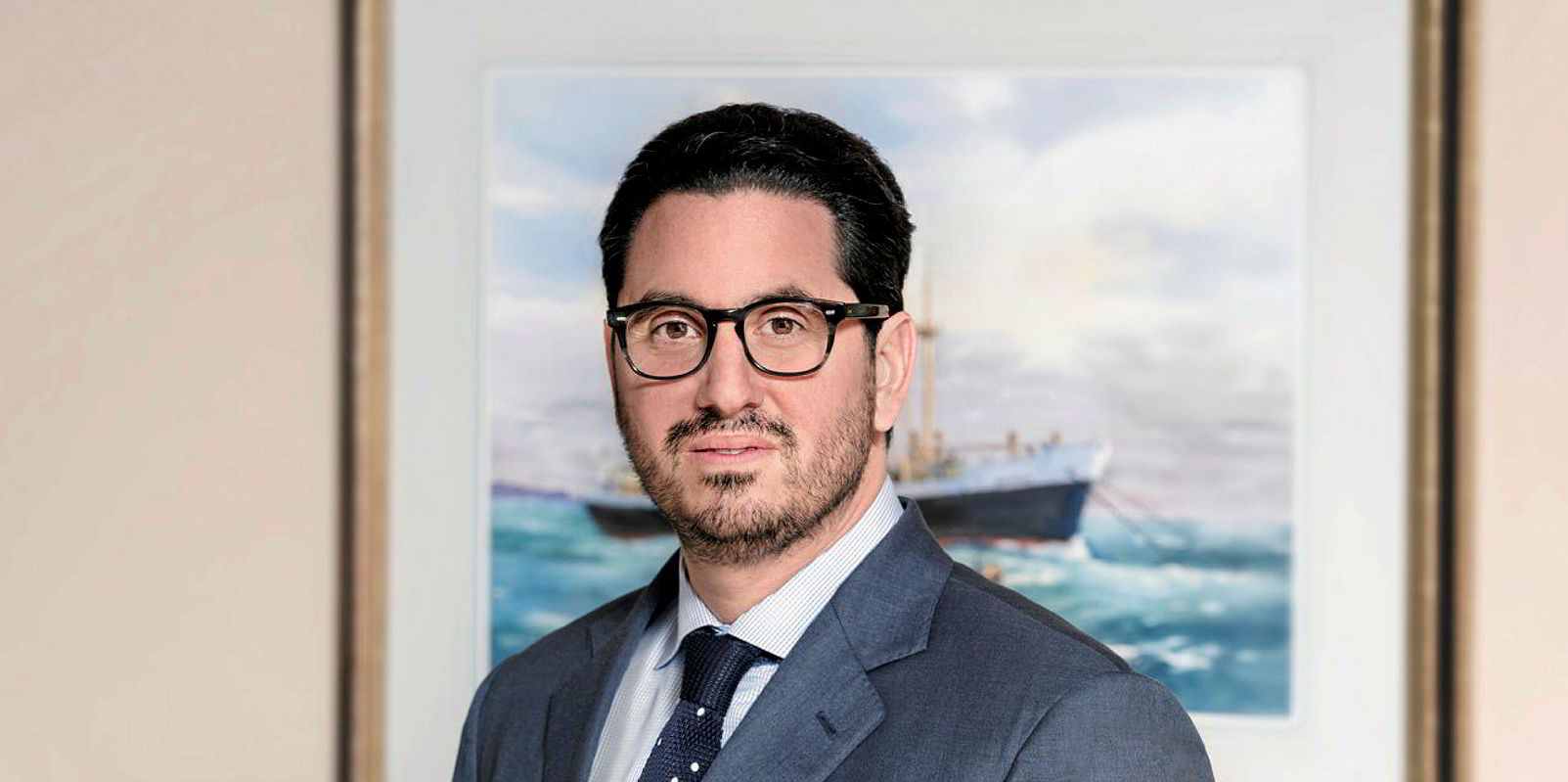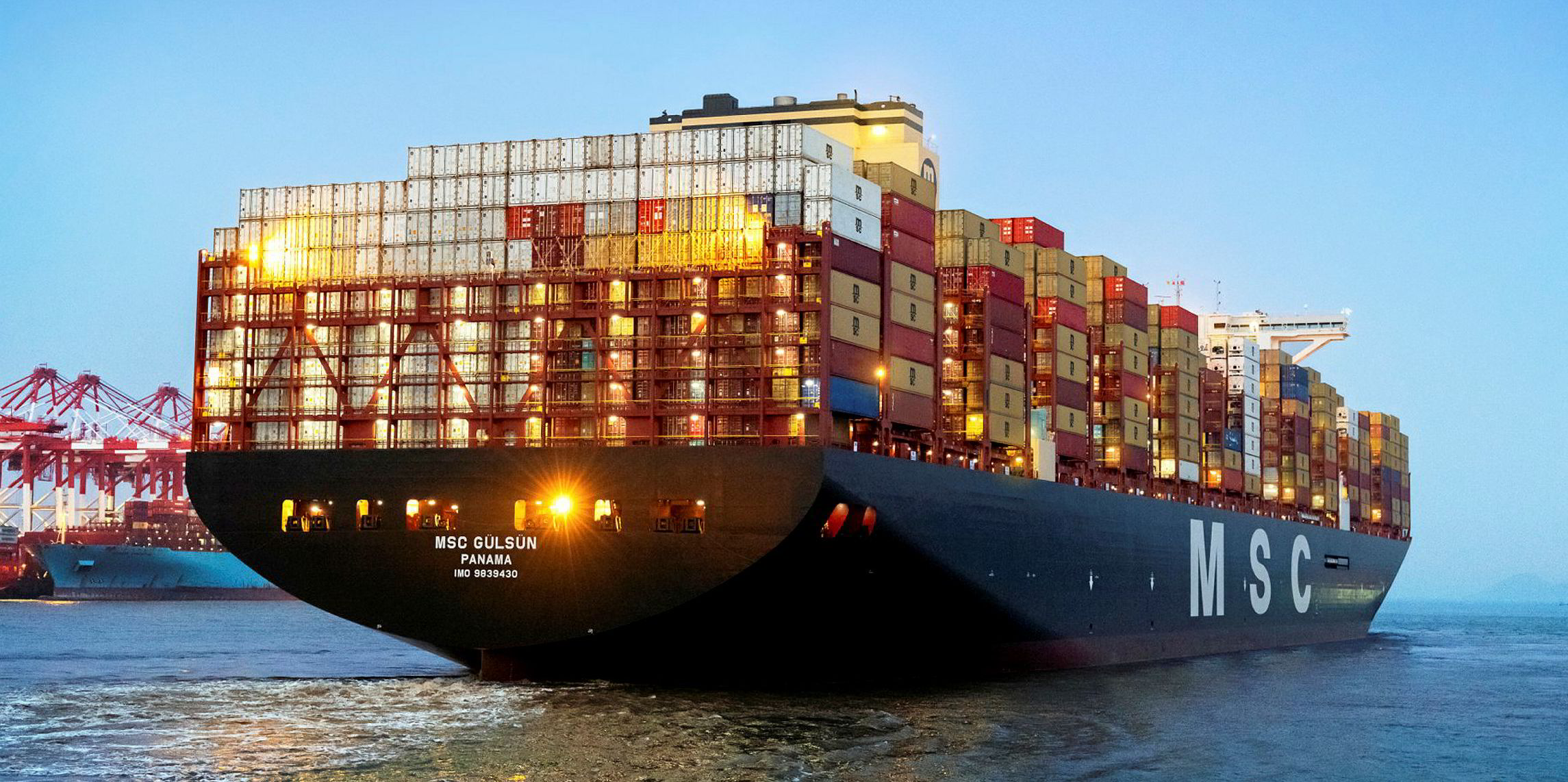As wrangling gathers steam at the IMO over how to meet carbon-reduction targets, another set of international environmental rules is being developed under the radar.
And for those who don't pay attention, the draft biodiversity regulations under the United Nations Convention on the Law of the Sea (Unclos) could have some surprises for ocean industries such as shipping.
Set in motion with a December 2017 vote of the General Assembly, the UN is negotiating proposed binding rules aimed at protecting biodiversity in areas of the sea that sit outside national jurisdictions.
One person who has this treaty on his radar is Paul Holthus, the chief executive of the World Ocean Council, a group that aims to foster discussion about corporate responsibility and sustainability among industries involved in the blue economy.
Speaking on the sidelines of his organisation's Sustainable Ocean Summit in Paris, Holthus explained that for him communicating about the upcoming biodiversity rules and trying to get the business community engaged in a constructive way is a high priority.
After all, the UN has carried out three rounds of negotiations, and the next session aimed at thrashing out a deal is also due to be the last. It is scheduled for the first half of next year.
"This is global ocean regulation. It's important, and it's going to shape things for a long, long time to come," he said.
Fine print
A draft text of the Unclos instrument was released this summer and the UN general secretariat is sorting through hundreds of pages of comments to put together the next revision. Holthus' group is anxiously awaiting the next iteration of the document, so it can carry out analysis and report back to the business community.
The legislation is expected to have teeth that will require participants in ocean industries to take action.
"This has from the outset been defined to be a legally binding agreement," he said. "How that's going to be enforced is a matter of a lot of discussion, but it's not going to be something that people can pretend doesn't exist."
The consequences of not being prepared could be costly. A chunk of the draft regulations cover new environmental impact assessments that, if applied broadly, could cover a great deal of economic activity on the sea.
While shipping has already been grappling with installing ballast water management systems to tackle the spread of invasive species, there are a host of other impacts on biodiversity. These range from biofouling to marine sound pollution, even air emissions' impact on ocean acidification.
The draft legislation also proposes new rules that could place larger swathes of the ocean under special protection.
Good actors
Holthus believes that "good actors" in ocean industries — companies that are not opposed to good regulation — could lead the way in the months to come to argue for rules that are practical and enforceable.
We could end up with things that are really difficult to monitor and ensure compliance
Paul Holthus
"But if people aren't at the table helping to define that, we could end up with things that are really difficult to monitor and ensure compliance, and that creates onerous reporting requirements or other sorts of problems," he said.
From what I can tell, Holthus has something of a hill to climb to get these proposed rules onto the agenda for the shipping industry, at least to the extent that IMO 2020 and greenhouse gas emissions have shaped the regulatory discussion on shipping.
But the final round of negotiations are planned for next spring. Those who are not involved may later have to at least be prepared for the changes ahead.








